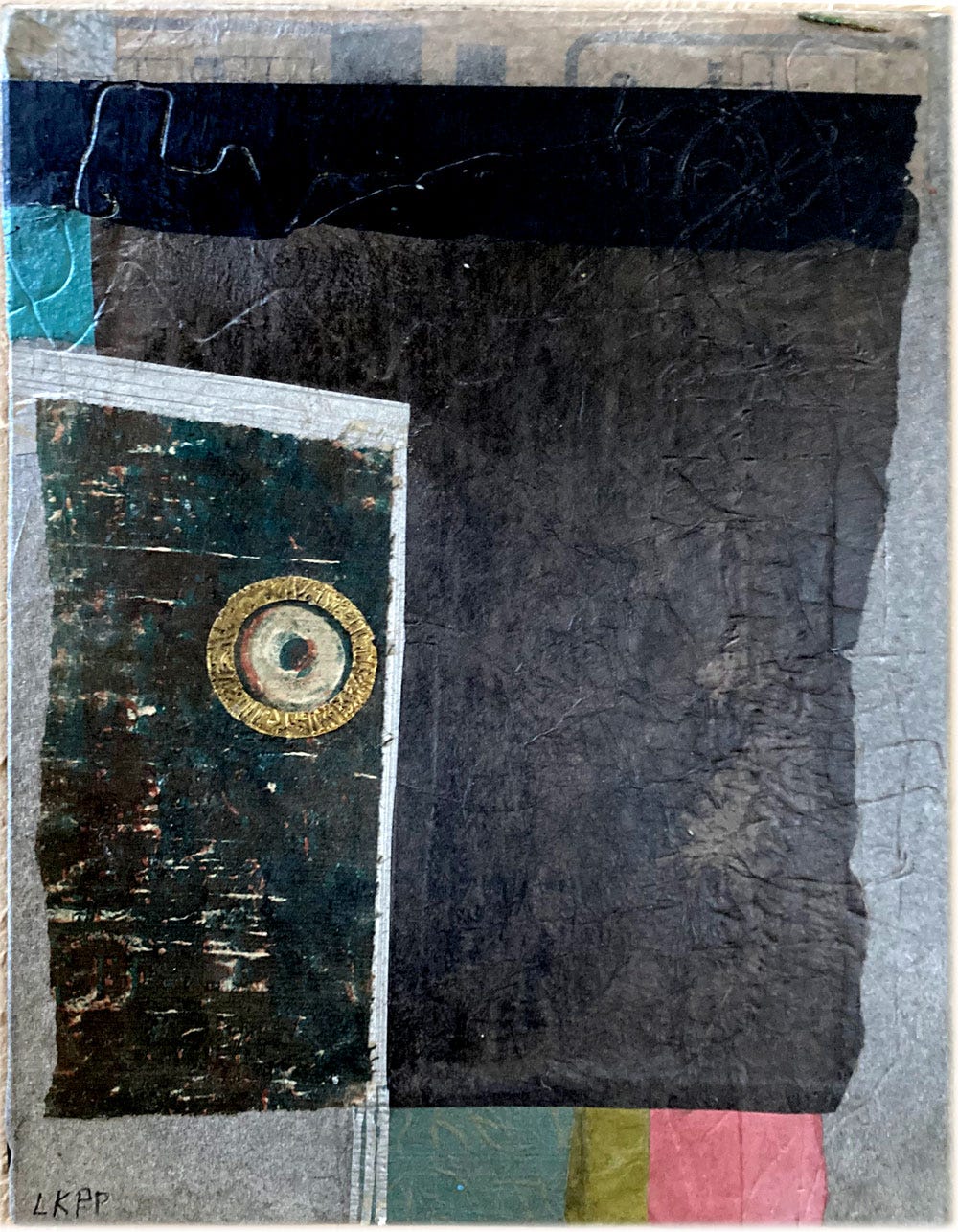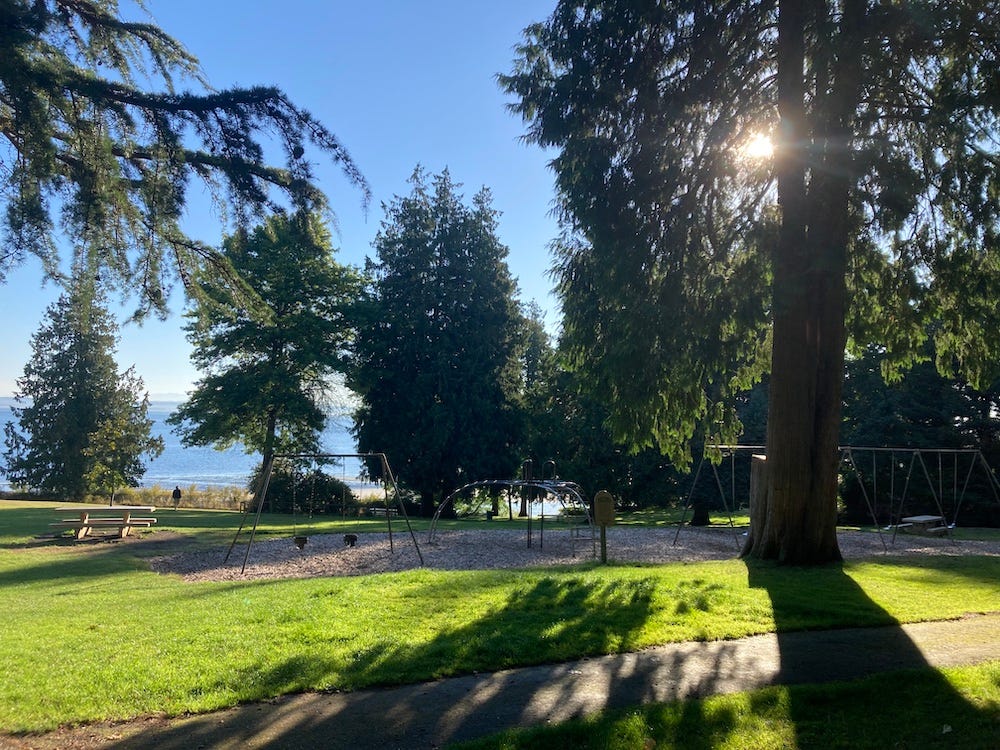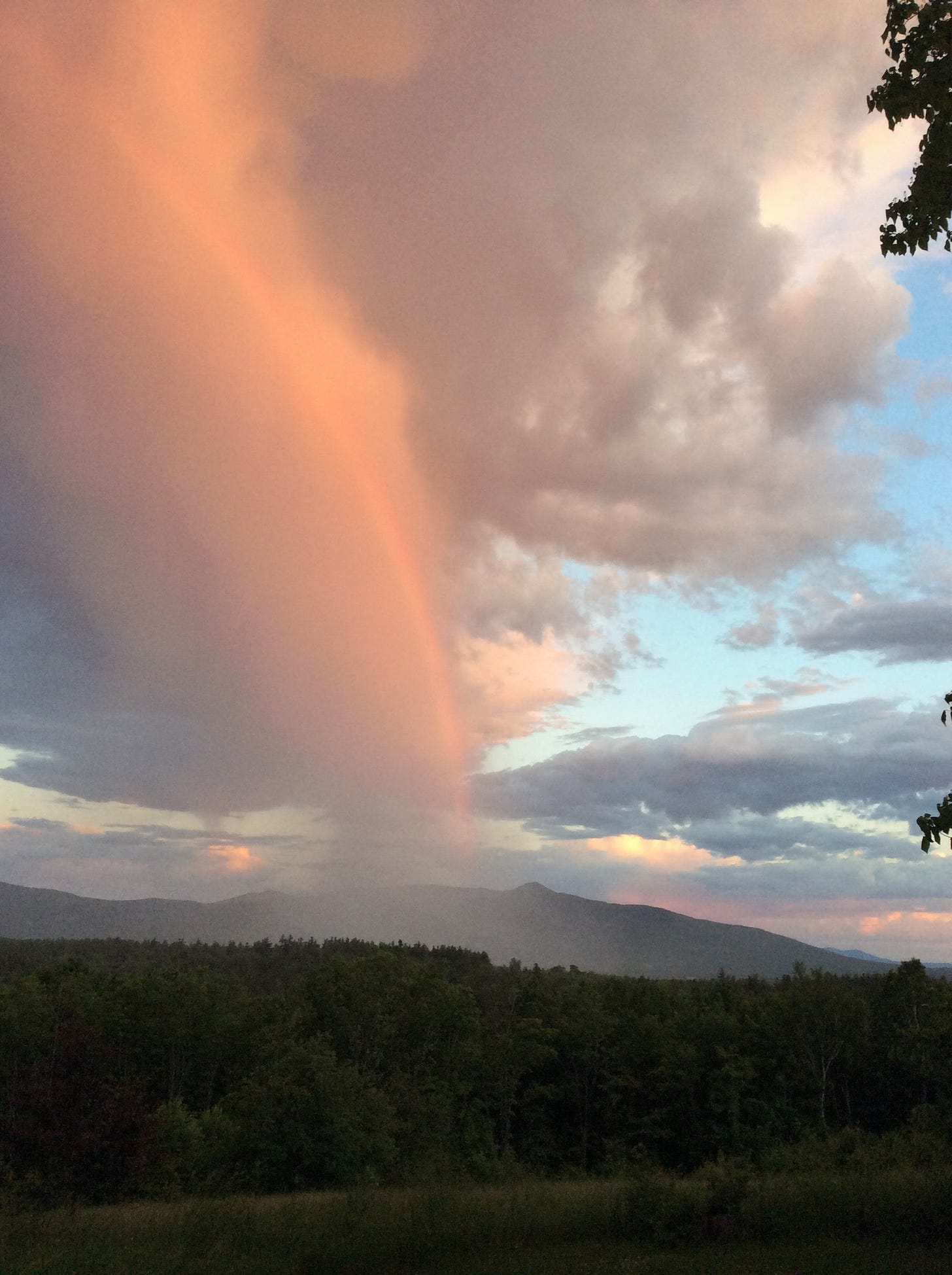My Thesis, or some other word...
Mission? Oh no, that scares me. How about: What I perceive that I want to express, as art.
Whether I’m writing about my direct experience, or what’s going on in the world, or what I find interesting or funny, I can’t get very far without consciously or not so consciously, expressing/inserting my ‘thesis.’
the·sis| ˈTHēsəs | noun (plural theses | -sēz | ) 1 a statement or theory that is put forward as a premise to be maintained or proved: a proposition forming the first stage in the process of dialectical reasoning. Compare with antithesis, synthesis.
That sounds too intellectual and fixed. I’m happy for my thesis to change. I’m not trying to prove something. I’m suggesting something. My thesis is what I want to express as art. It’s not a mission.
I can understand why people have missions, why people because missionaries. It’s dangerous though. If your mission is to do what Jesus did—feed the poor, heal the sick, spread as much love around as possible, then you go, person. Just make sure you don’t mistake form for content. Make sure you understand that what is most real and most true resists codification of form.
There are so many people in this world doing so many great things with vision, passion and determination, and I am not knocking that. I celebrate that!
What scares me is attaching my vision, passion, and determination too closely to a sense of identity. That never flies. In fact, ideas/concepts as clothing for the ego are heavy, cumbersome; a ball and chain.
Look around in the world… there are many people in prominent positions, desperate for power, who are so locked into concepts as identity that they seem like human caricatures. The weltanschauung (sorry, I love that word) they are required to uphold 24/7 as a suit of armor to protect them from being impaled by any new ideas or awareness makes movement difficult. It makes dancing impossible.
Also, the gotcha aspects of our culture make fun of, and worse, people who change their minds. In some circles it’s considered a sign of weakness to have a new thought.
What I’m calling my thesis is (I trust) not my sense of identity as much as an awareness that bubbles up inside me. And if I want to express this awareness as art, then it is necessary for me to engage in the never-ending process of crafting awareness into forms that have resonance, feeling, meaning. In the magical interplay between form and content, either one can shape the other. Life is change.
Okay, Janina, enough beating around the bush. What’s your thesis?
My thesis is that we humans have evolved a set of systems that are disconnected, in fundamental ways, from the deeper earth-based systems that bring forth all life on this planet, including us. Our systems are self-referential—they represent our ability to think. We can imagine what is not there, what could be there, or even what couldn’t be there. We do it all the time.
Our ability to think is our greatest strength and our greatest weakness. It is strength when balanced by a sacred connection to the earth—by a humility that recognizes a more complete picture of life than simply the strong will to survive as an individual. Every animal has that. That is not what makes us so special and so dangerous.
We are desperately in need of a morality based not on an intimidating boss, on fear, but on a recognition of natural law. If we don't wake up to seeing reality as dynamic interconnected systems in which there is looping and spiraling cause and effect, we will continue to cause and affect systems upon which we are dependent, without knowing what we are doing.
Pulled by vision, pushed by desire, and often by fear, we live in a world constrained by its own nature, as we are constrained by ours. Our great challenge is to fully inhabit the space between vision and desire with awareness and intention.
There is a compelling need for a new understanding, one in which self-knowledge and awareness will clear a path to seeing what is, instead of what isn’t. I don’t think this is possible without deep faith—the humble kind, the kind that recognizes that sanity and love are real, and more powerful than anything else we can come up with.
What is required, above all, is self-awareness. We are the problem, and unless we solve that problem, unless we SOLVE ourselves, the problem will be solved without us.
The sustainable fuel of the future is facing reality. Using reality, loving reality. Without us, reality will be just fine. Without using reality as a guide to what works and what doesn’t work, we will become a failed experiment.
We take long trips.
We puzzle over the meaning of a painting or a book,
When what we’re trying to see and understand
in this world, we are that.
From Open Secret, Versions of Rumi, by John Moyne and Coleman Barks
I want to make art that is a response to the present, the interior present and the exterior present. I want what I make to be a present, to my time, to my world. My work doesn’t have to last. That doesn’t matter at all. It’s what we do now in response to conditions on the ground (of being) that matter.
And sure, that could be Shakespeare writing the works of Shakespeare, which have endured a lot longer than most responses to the present. Let’s just say that everything lasts as long as it needs to. A raindrop, a cloud, a smile, a song. Ourselves.







As Always!!